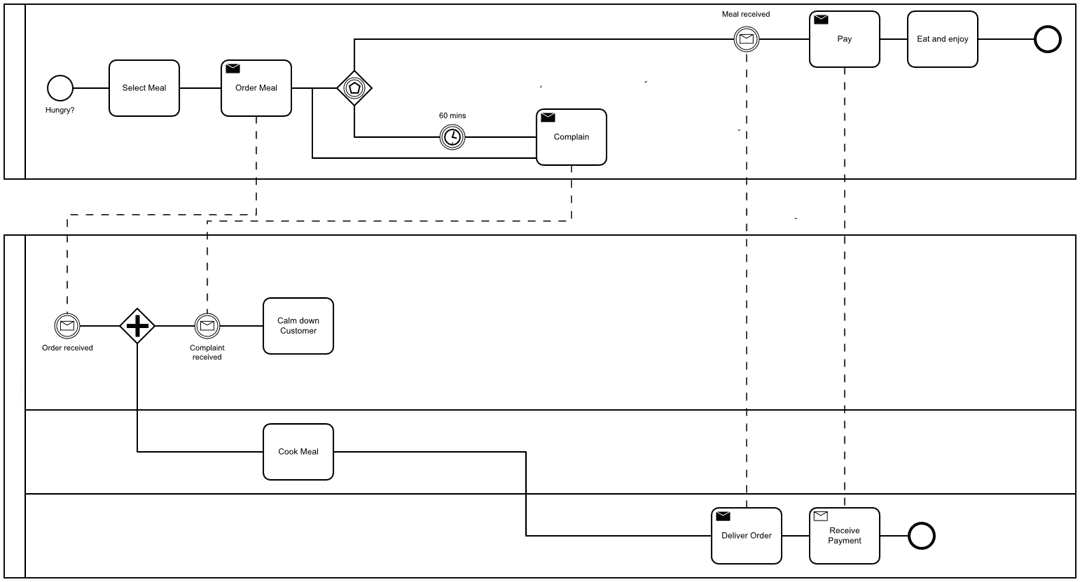Many ISO 27001 implementation projects are destined to fail right from the start. The first step in any successful ISO 27001 project is to obtain strong management support. Without it, the project can quickly lose direction and momentum. But there is more to this step that you should be aware of.
To begin with, let’s have a quick look at what should be done in the very beginning of every ISO 27001 implementation project.

1. Purchase and Study the Official ISO 27001 Standard
One of the most common mistakes is not purchasing and thoroughly reading the ISO 27001 standard itself. Do not just rely on blog articles, video trainings and whitepapers, dive into the requirements and understand by yourself. But don’t stop there. I highly recommended to also have a look at ISO 27002 and ISO 27003. These documents offer invaluable insights as well.
ISO/IEC 27002: provides detailed guidelines on implementing security controls.
ISO/IEC 27003: offers guidance on implementing clauses 4 to 10.
2. Include Top Management Responsibilities in the Project Charter
Without commitment by top management, the project risks losing direction and support.
Many organisations manage to convince their decision makers from the benefits of ISO 27001. But they forget about one thing. Despite funding and supporting the project, management also certain responsibilities that require their involvement in the operation of the ISMS. If you fail to tell them, chances are high that the ISMS won’t persist in the long run.
Make sure to include these requirements in the project charter, so their approval is not just about funding and supporting the project, but also about their direct involvement and participation.
3. Start with a Project Plan
Starting an ISO 27001 project without a robust plan is like setting sail without a map. A detailed project plan acts as your roadmap, guiding you through each phase of implementation. Key elements of a strong project plan include:
Defined Tasks: Clearly outline what you aim to achieve.
Milestones and Deadlines: Break down the project into manageable phases with specific deadlines.
Resource Allocation: Ensure you have the necessary resources and assign responsibilities.
By avoiding these mistakes, your project has a higher chance of being successful and less of a hassle to manage.



